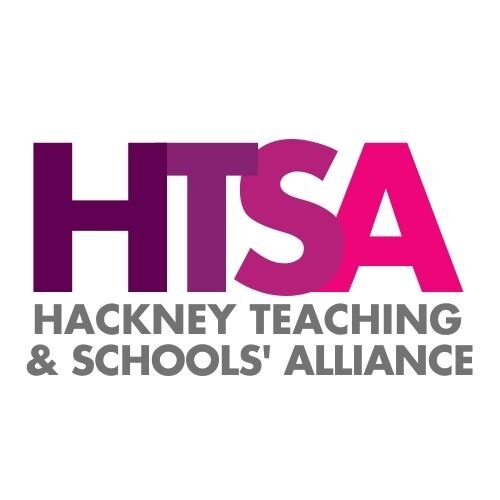Evaluating Impact
Developing leaders’ capacity to evaluate what works best
With relatively few exceptions, every approach we take in education will have some kind of positive impact. Therefore, it is important to develop leaders’ capacity to evaluate what works best bearing in mind the time, money and effort needed to implement it. At the HTSA we help schools evaluate the impact of their initiatives, by getting them to pause and ask three questions before a decision is taken to implement an initiative:
What is the problem we are trying to solve?
What are the intended benefits?
How will we measure the impact of our actions?
School leaders often say that their intention is to ensure evaluating impact is embedded in their school development processes. Our experience is that it is rarely that straightforward; even accomplished teachers and leaders don’t come ready-equipped with evaluation tools as standard. Most of us need help to learn these skills, and some teachers and leaders in HTSA member schools have taken the opportunity to do just that. We have published the research & development impact reports below to share our learning and to promote the development of enquiry-based cultures in partner schools.
In order to develop such an enquiry-based culture, teachers at Stormont House School are engaged in a long-term ‘Visible Learning’ programme based upon the work of John Hattie. If you would like to find out more about the impact of this approach, please clicked here.
Research & Development Impact Reports
How can we effectively teach new vocabulary so that pupils use more of it correctly in written work? - Literacy Focus
Developing an appropriate secondary science curriculum for learners working well below age-related expectations - Science focus
How effective is the Numbers Count intervention for learners who are of secondary age but still working within Year 1 National Curriculum expectations? - Mathematics focus
How can the primary MFL curriculum be reshaped across a group of schools in order to improve consistency of pedagogy and so improve transition to secondary? - Modern Foreign Languages focus
If teachers plan & prepare innovative and alternative formats for presenting writing would boys’ writing outcomes improve? - Writing focus
How do we get schools and families working together? - Community focus
Developing Reading: a multi-strategy approach ‘Leaders must be commended on the reading culture established in the school’ - Reading Focus
How can we positively engage parents in their children’s learning in
Mathematics? - Maths focus


